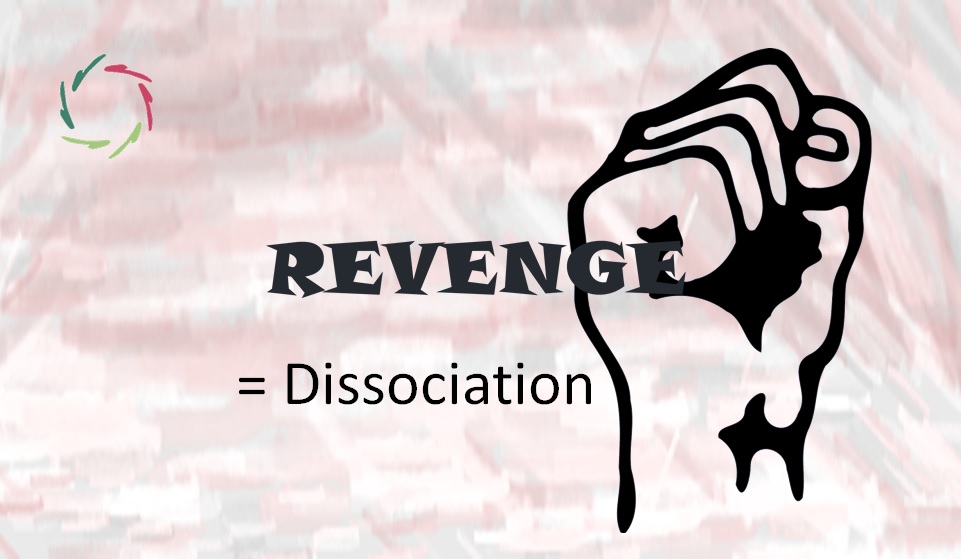Cultural PTS

Post-traumatic stress (PTS) can occur in individuals as well as in a whole culture, with similar ‘symptomatology.’
This insight may serve to enhance our comprehension of historical and ongoing conflicts – including wars – providing a more profound approach to cultural healing and growth that is both necessary and timely.
Deep interconnectedness of individual and collective experiences
Cultures are made by individuals in complex and intricate relationships at many levels. Collective trauma – such as through war or a deep sense of discrimination – means trauma for many individuals. The post-traumatic experiences of these many individuals can culminate in a collective sense of hurt, revenge, or paradoxical guilt.
This can lead to a cultural reaction of aggression that may, as in the individual case, be self-damaging to the highest degree. The enemy within finds a transparent mirror but the path is a cycle of destruction in both ways.
A present-day example: Israel
The Israeli people have suffered terribly in the past, as everyone should know. In their situation, a cultural PTS wouldn’t be far-fetched ― even if this PTS, contrary to the traumas themselves, might not live in conscious awareness.
This shouldn’t lead to war(s) ― as nothing should. However, it can lead to a deep feeling of unsafety, especially if something happens that sparks this feeling. The PTS-engendered reaction may then be an overshoot that is provoked more by the symbolic meaning of the event than the actual damage, which may itself be substantial.
This overshoot obviously doesn’t make it safer for any party.
Another example: Nazi Germany
Post World War I, many Germans felt a deep sense of humiliation and hurt, funneled into hatred. This phenomenon can be seen, at least partly, as a cultural PTS that grew worse in time, ending in atrocities that humanity should be ashamed of forever.
Nevertheless, this, too, had mainly a profoundly symbolic character at its origin, which made it highly energetic and challenging to cope with. Much of what happened was a desperate answer to the symbolic question: Why?
In these two examples together, including what happens right now and is bound to happen in the future, one can also see the vicious circle of PTS leading to aggression leading to new PTS, etc. If this circle isn’t broken, it may continue indefinitely.
The incomprehensibility
An individual PTS may be incomprehensible to bystanders. Isn’t the trauma something of the past that should be long-forgotten? Moreover, an individual PTS may worsen in time. Shouldn’t one expect it to attenuate?
The same may be valid for cultural PTS. In this case, the trauma(s) may lie far more in the distant past. It can live culturally in stories, history books, a sense of identity, or customs/prayers/incantations that are meant to keep alive the hardships of the ancestors. The symbolic meaning of all this is equally real as in the individual case ― if not more.
Toward a broader application of Compassion
Compassion is probably the best antidote for individual PTS ― likewise for cultural PTS. This may facilitate – from personal to cultural – Inner Strength and growth through understanding and gentle guidance. For instance, this can be done by creating AurelisOnLine sessions that specifically address cultural PTS. These could include guided meditations aimed at recognizing and transforming collective traumas and their impacts on individual well-being.
Compassion transcends individual experiences, acting as a bridge to collective healing. In the context of cultural PTS, cultivating Compassion mends the fabric of the entire culture, guiding it towards unity and resilience. This might be integrated into our approaches, ensuring interventions are not merely reactive but deeply transformative, nurturing a culture of care and mutual respect that prevents the cycles of trauma from perpetuating.
This approach provides a foundation for more peaceful and resilient societies. By integrating cultural PTS into our understanding and interventions, we can more effectively address the roots of conflicts and support profound cultural healing and growth.
The circle should be broken.
In my view, Compassion, basically, is the only way to do so.


